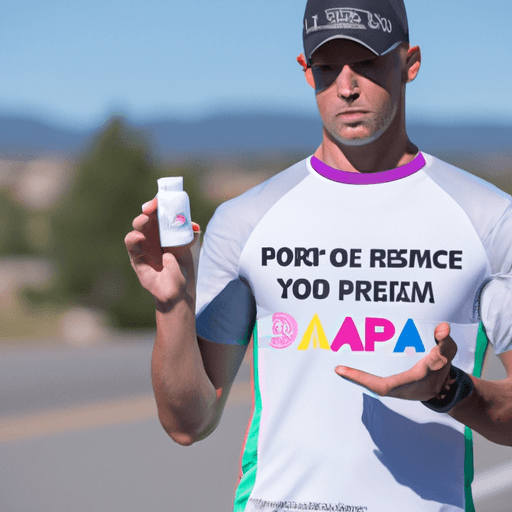Exploring the Impact of Performance-Enhancing Drugs on Professional Sports
The use of performance-enhancing drugs (PEDs) has been a major issue in professional sports for decades. While the use of such drugs is illegal in most athletic competitions, athletes continue to use them in order to gain an edge over their competitors. This article will address the prevalence of doping among athletes today, the ethical implications of using such drugs, the effects of PEDs on the integrity of professional sports, and how governing bodies are combating the use of doping products. Additionally, potential short-term and long-term consequences for athletes found guilty of doping will also be discussed.
Prevalence of Doping Among Athletes
The prevalence of doping among athletes today is difficult to accurately assess due to the clandestine nature of the practice. However, studies have shown that the use of PEDs is widespread in many sports, with some estimates suggesting that up to 30% of professional athletes have used such substances. This is especially true in sports such as weightlifting, track and field, and cycling, where the use of PEDs is seen as a way to gain an advantage over competitors.
Ethical Implications of PEDs
The ethical implications of using PEDs are complex and often hotly contested. While some argue that athletes should be able to use whatever substances they deem necessary in order to improve their performance, others believe that such practices are unethical and should be strictly prohibited. Regardless of one's opinion, it is clear that the use of PEDs can have serious health consequences and can create an uneven playing field, thus compromising the integrity of professional sports.
Effects of PEDs on Professional Sports
The use of PEDs can have a number of detrimental effects on professional sports. For one, it can create an environment in which athletes feel pressured to use such drugs in order to remain competitive. Additionally, the use of PEDs can lead to skewed results and can give certain athletes an unfair advantage over their opponents. This can ultimately lead to a decline in the level of competition and can have a serious impact on the integrity of professional sports.
Role of Governing Bodies
In order to combat the use of PEDs, many professional sports leagues have implemented stringent anti-doping policies. These policies involve the use of drug testing, monitoring of athletes, and the imposition of strict sanctions on those found guilty of doping. Additionally, governing bodies are also working to educate athletes on the dangers and consequences of using PEDs, and are working to ensure that athletes understand the rules and regulations surrounding doping.
Potential Consequences for Doping
The potential consequences for doping vary depending on the sport and the governing body. In general, athletes found guilty of doping can face suspensions, fines, and even permanent bans from competing. Additionally, athletes found guilty of doping can also face public shaming and public humiliation, which can have lasting negative effects on their reputations and careers.
Conclusion
The use of PEDs in professional sports is a serious issue that needs to be addressed. While the prevalence of doping among athletes today is difficult to accurately assess, it is clear that the use of such drugs can have serious ethical, health, and competitive implications. Governing bodies have implemented a number of measures to combat the use of PEDs, and those found guilty of doping can face serious consequences. It is important that athletes, coaches, and governing bodies continue to work together to combat the use of PEDs and ensure the integrity of professional sports.


















Comments
Leave a Comment